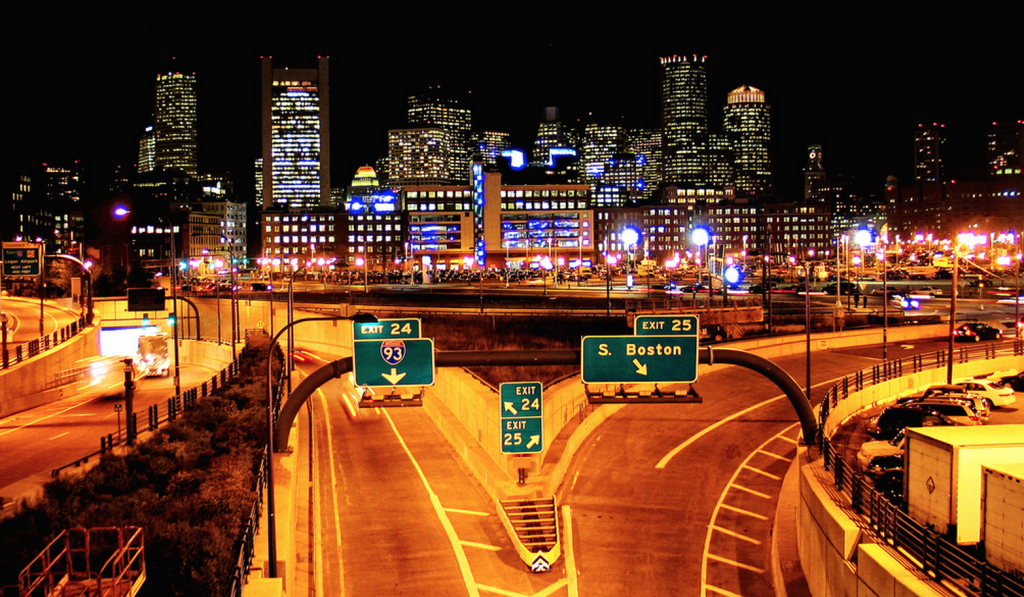Boston Taxi Drivers Sue City For Allowing Uber, Lyft To Operate

(.sanden.)
The suit [PDF], filed in U.S. District Court last week by two cab drivers and the Boston Taxi Owners’ Association, accuses the city of “imposing extensive, costly and burdensome” regulations on city taxi operators, but not placing the same rules on Uber, Lyft, Sidecar and other rideshare companies operating in the area.
The suit claims that proposed city regulations would effectively give the city’s blessing to a two-tier system for what are essentially identical services.
According to the plaintiffs, Boston aims to allow Uber, etc, to “use practically any vehicle, charge any fare and not obtain commercial insurance, while requiring taxicab medallion owners and drivers to use specific vehicles, charge set rates, obtain certain insurance and incur mandated expenses.”
They believe that this alleged disparity would violate the 14th Amendment of the U.S. Constitution.
It would also, alleges the complaint, violate medallion-holders’ right to due process by both eliminating a cap on the number of medallions available and forbidding holders from transferring them to others. They maintain this renders current medallions worthless.
Regardless of these pending regulations, the plaintiffs argue that the mere fact that the city allows ridesharing services to operate without being held to the same standards as cab companies is unfair.
“The Plaintiffs have invested substantial capital in complying with the City rules and state laws, developed over the last eighty years” reads the complaint, which states that these rules exist to “protect consumers, ensure public safety and provide non-discriminatory service.”
The drivers don’t see why, just because you can use a smartphone to hail an Uber car, the service should face fewer regulations.
“Use of a smartphone app does not change the nature of the business,” argues the complaint. “It does not alter the need for uniform rules for all who engage in it… An app does not make a car safer, qualify or train a driver, protect the passenger, or insure the public when accidents occur.”
The plaintiffs are seeking to have the pending regulations invalidated by the court, and for the court to declare that all for-hire drivers must comply with existing state and local laws governing taxis. And until Uber, et al, do comply, the plaintiffs want them barred from offering for-hire transportation services.
Want more consumer news? Visit our parent organization, Consumer Reports, for the latest on scams, recalls, and other consumer issues.

